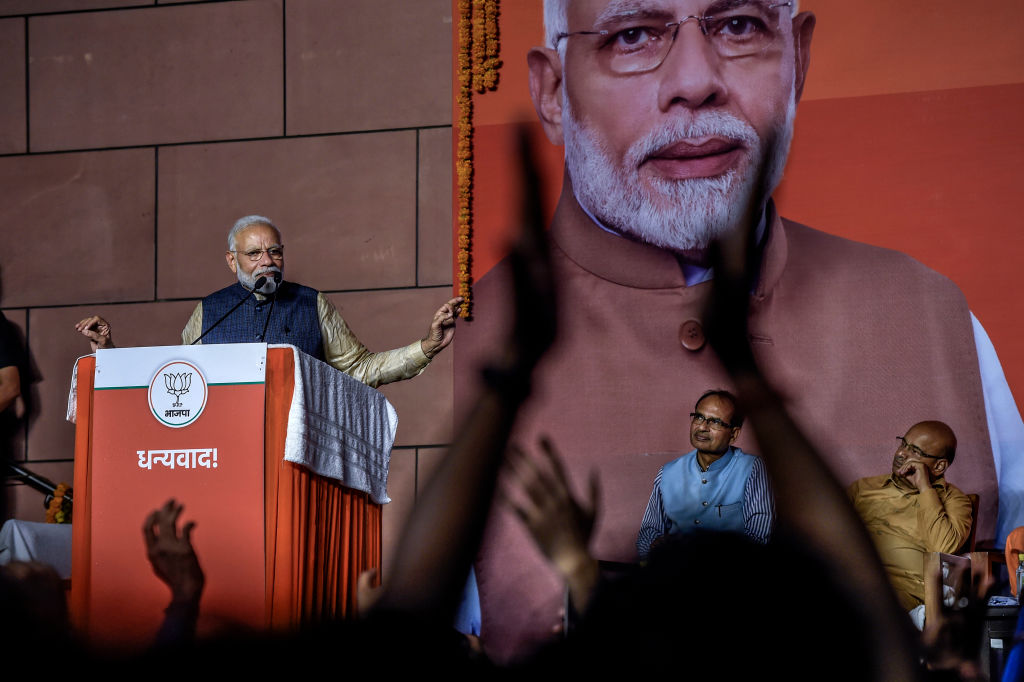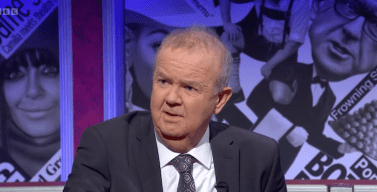Looking back on Narendra Modi’s first five years in office as India’s Prime Minister, it’s hard to find good news. Record-high joblessness, a stagnating economy, and continued widespread government corruption. With any other person, this would spell electoral defeat, but not for Modi. This week, the 68 year-old leader of the Hindu nationalist Bharatiya Janata Party (BJP) swept to power for a second term, outperforming his results in 2014 that led him to power and picking up more than 300 seats in the Indian Parliament.
His first victory had been a complete shock. For an almost uninterrupted 60 years, the Congress Party had controlled India and its parliament with a system of patronage and a controlled economy. Congress – controlled by the family of independent India’s first leader Jawaharlal Nehru – expected to be returned this year to what they see as their rightful position running the country. Instead, the party’s leader Rahul Gandhi lost his own seat, while other party dynasts lost their constituencies to farmers and other working class opponents who wouldn’t have stood a chance even a few years ago.
The reason is entirely Narendra Modi.

Britain’s best politics newsletters
You get two free articles each week when you sign up to The Spectator’s emails.
Already a subscriber? Log in







Comments
Join the debate for just £1 a month
Be part of the conversation with other Spectator readers by getting your first three months for £3.
UNLOCK ACCESS Just £1 a monthAlready a subscriber? Log in